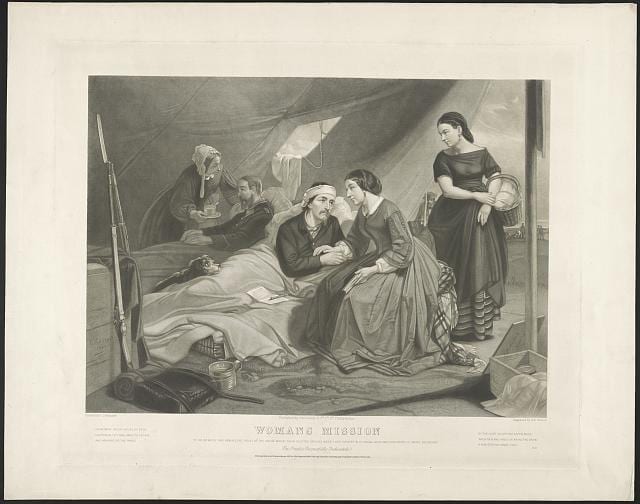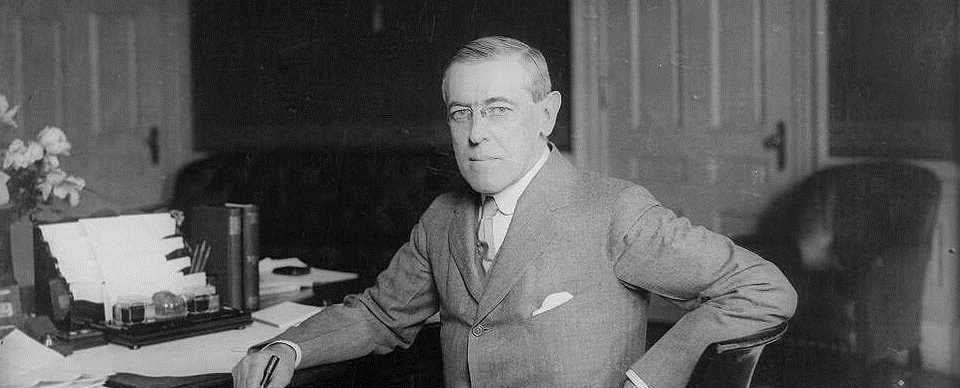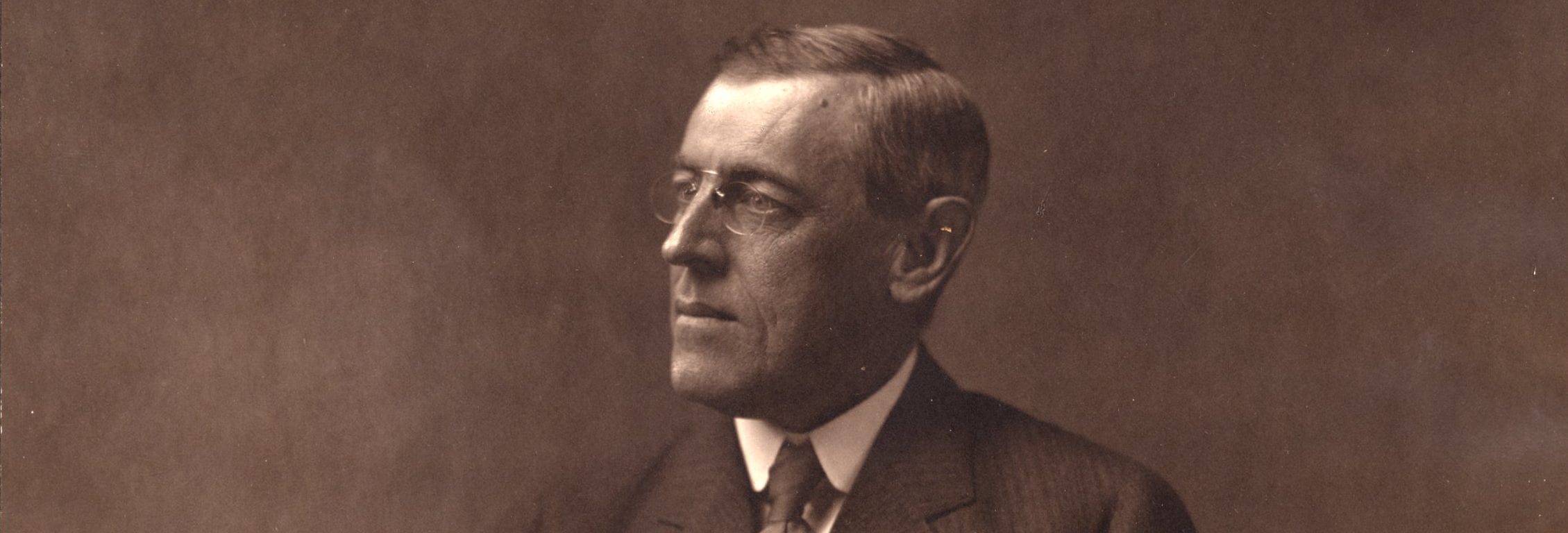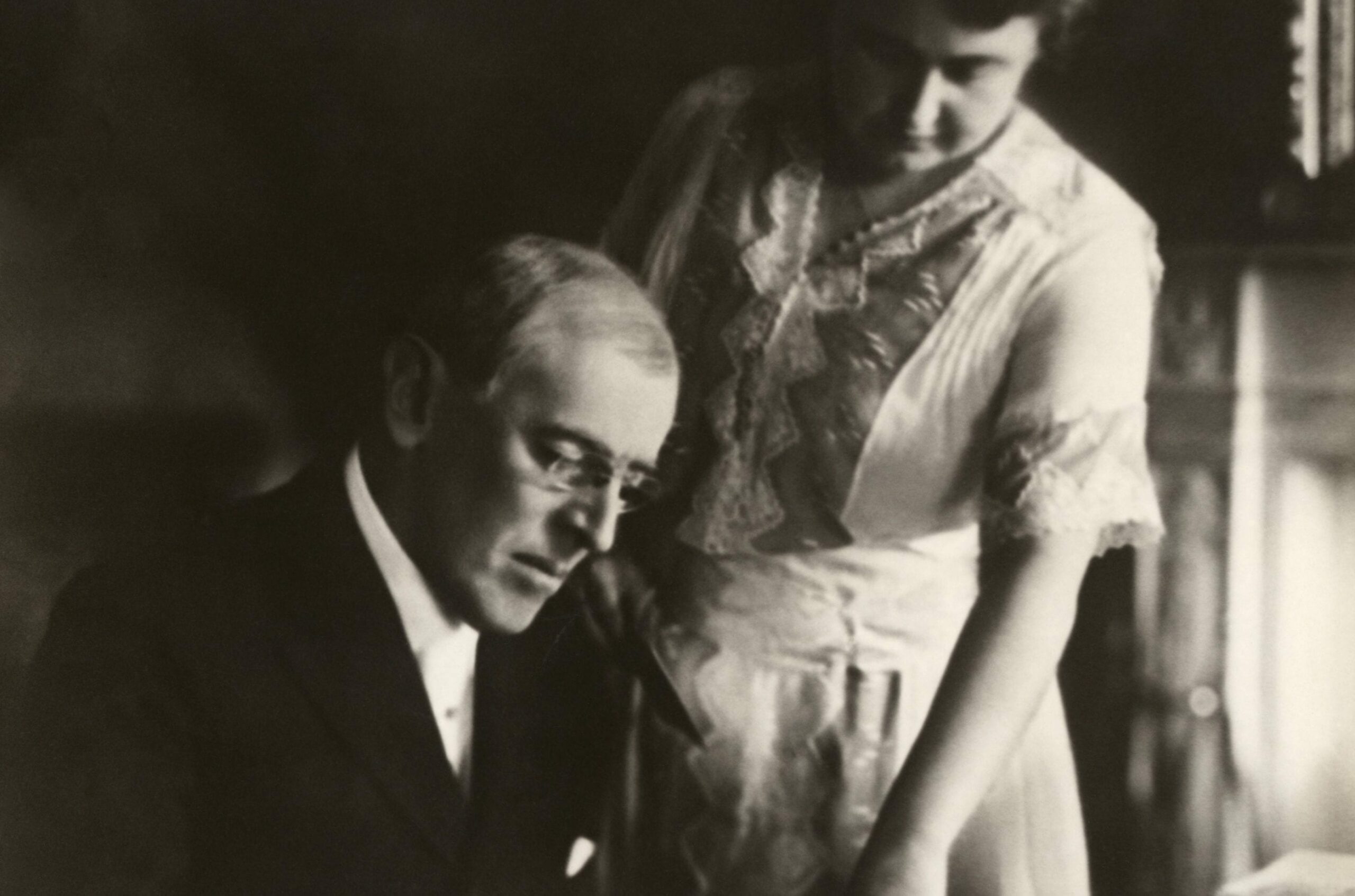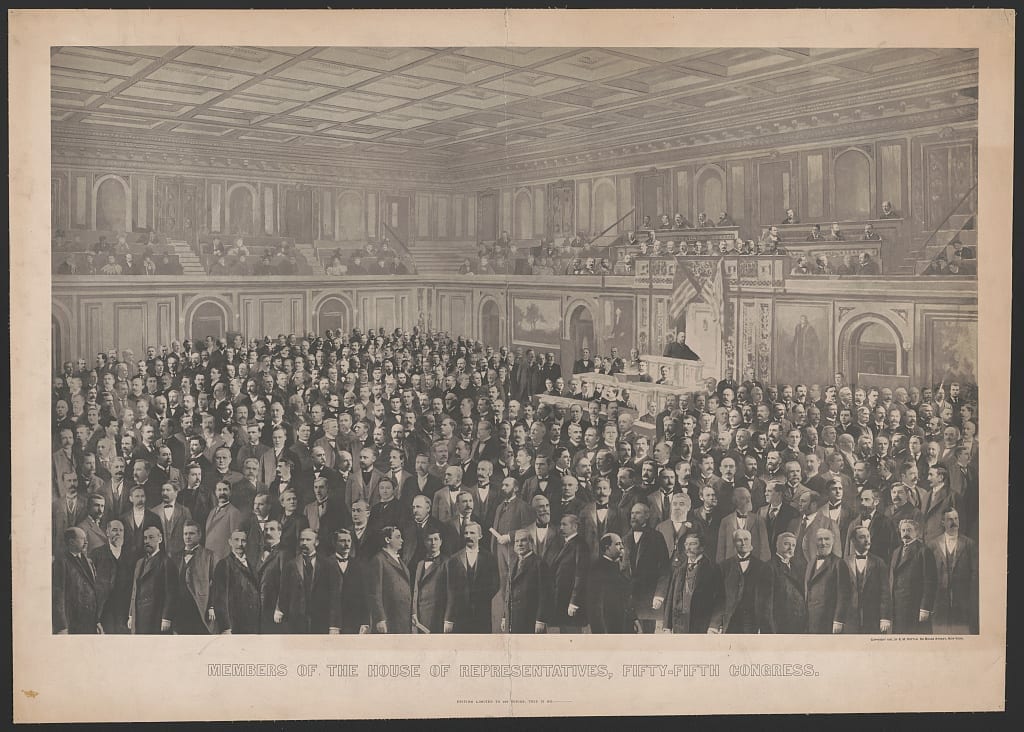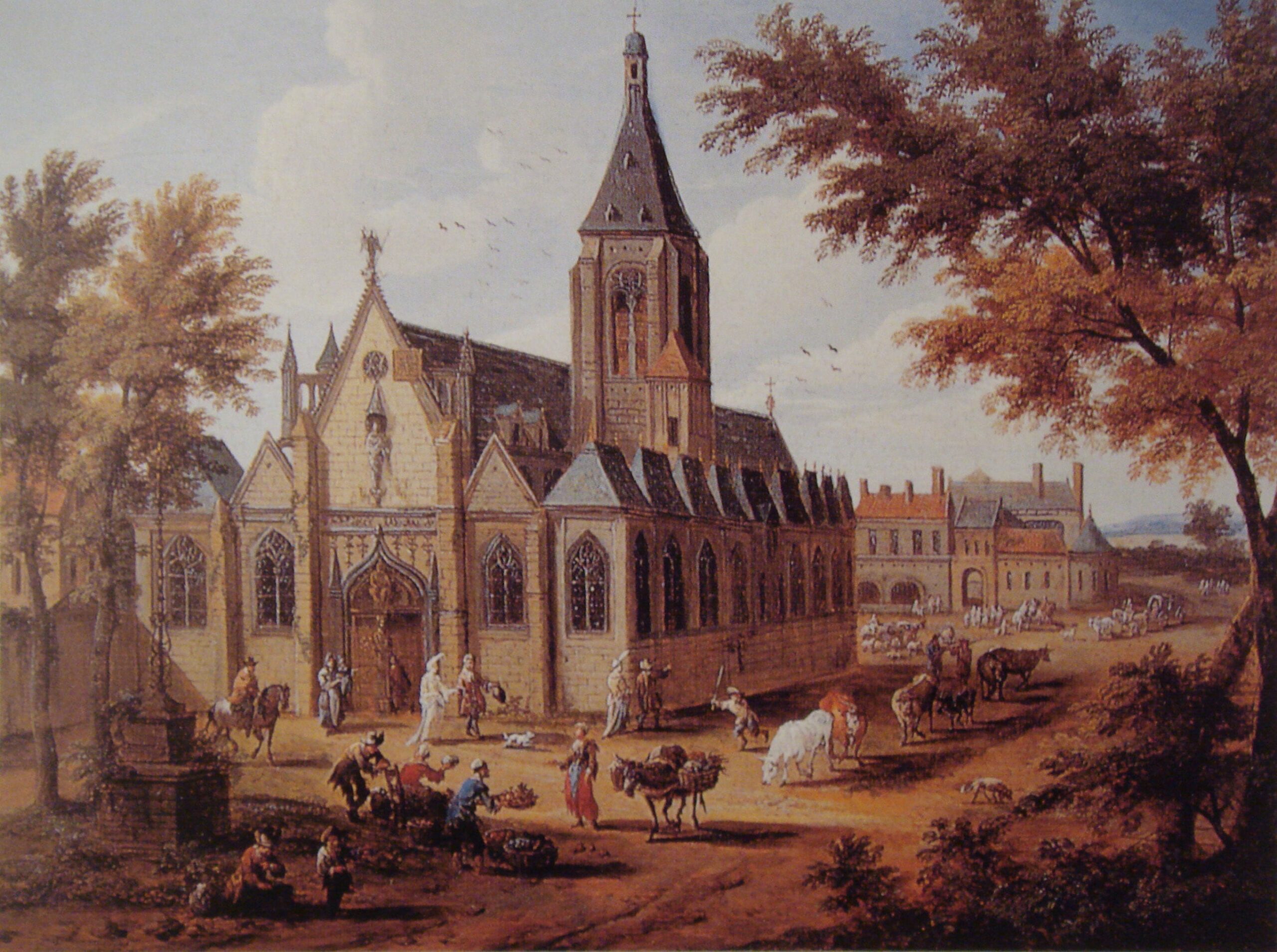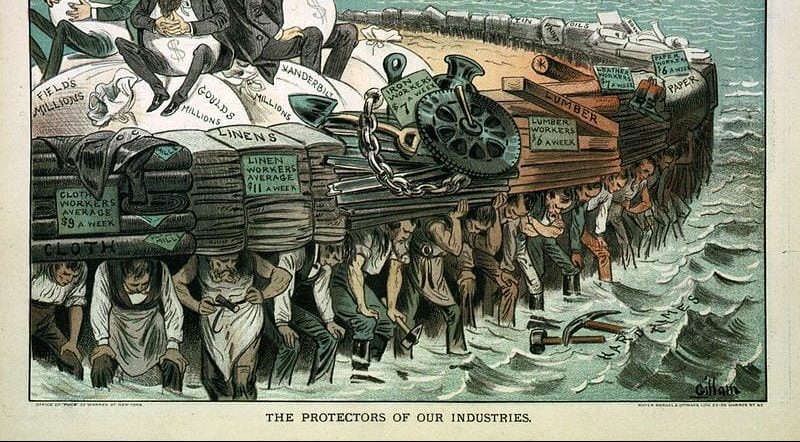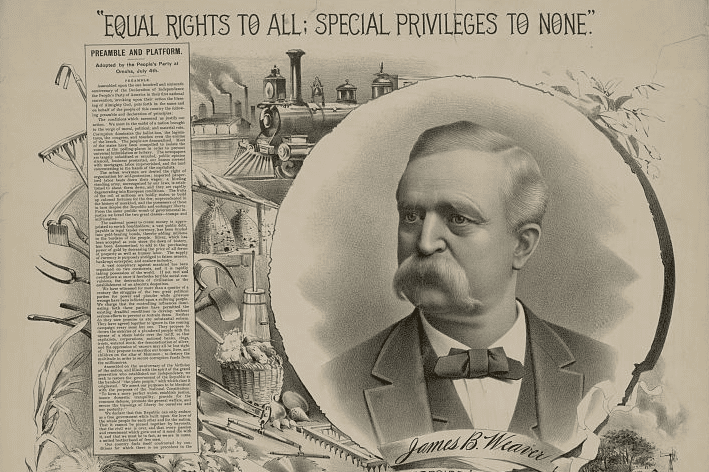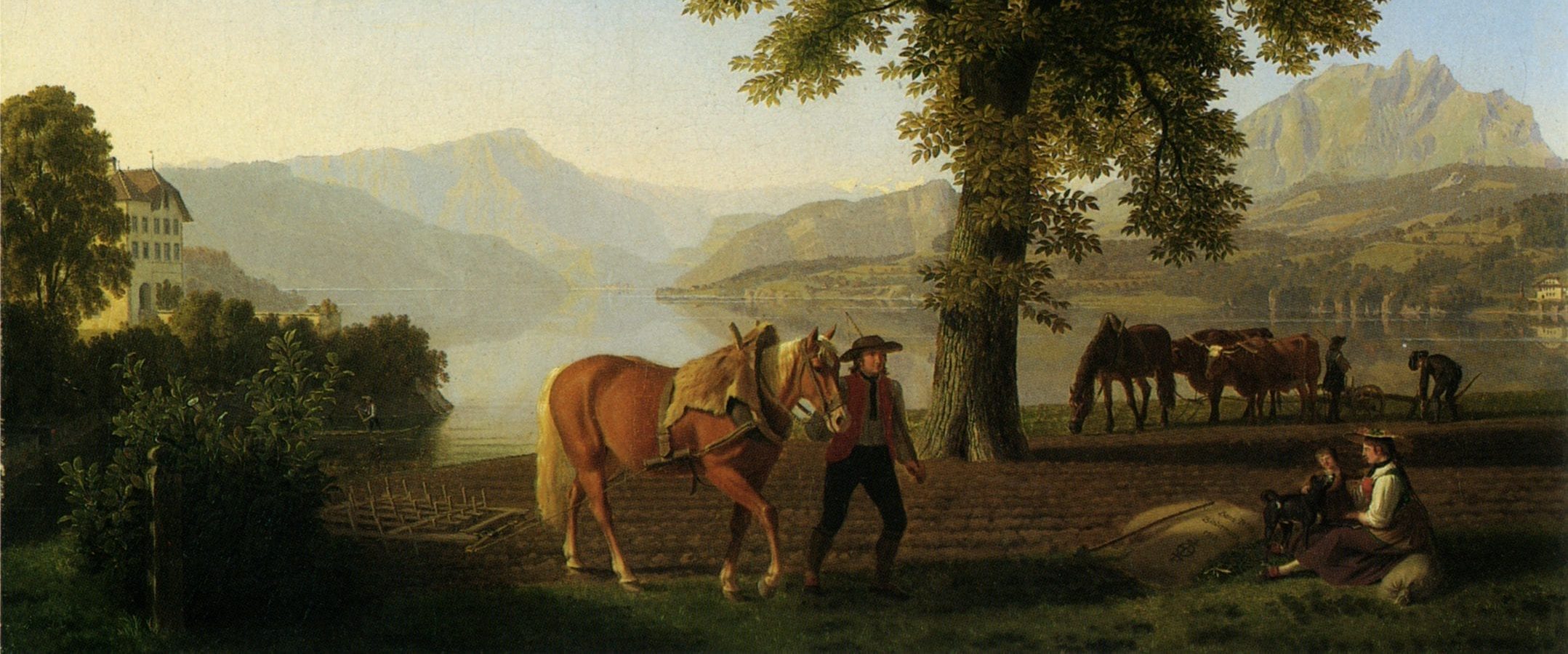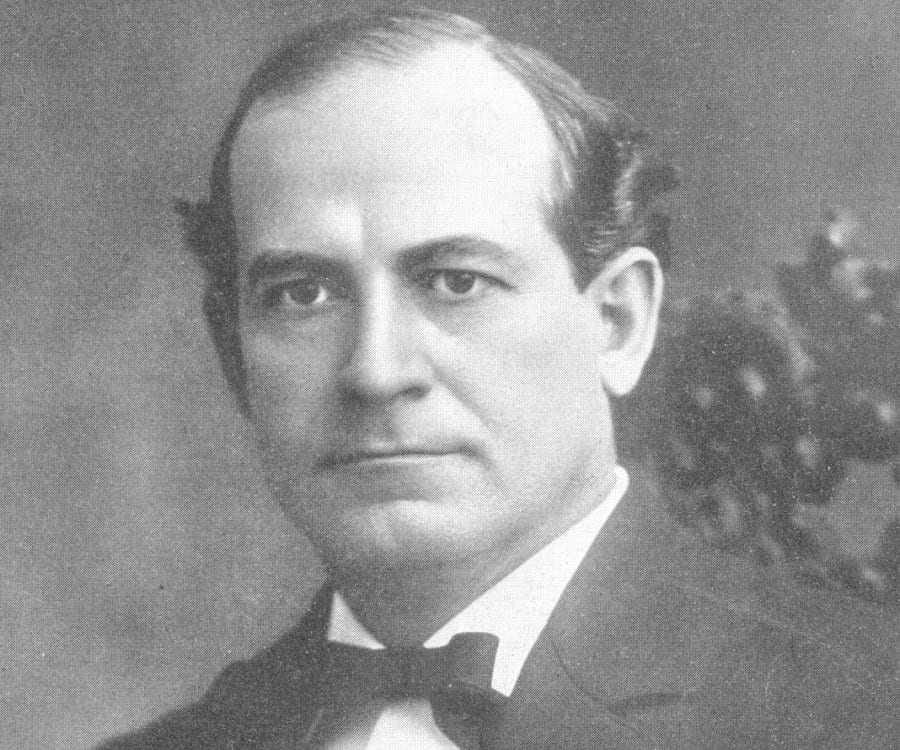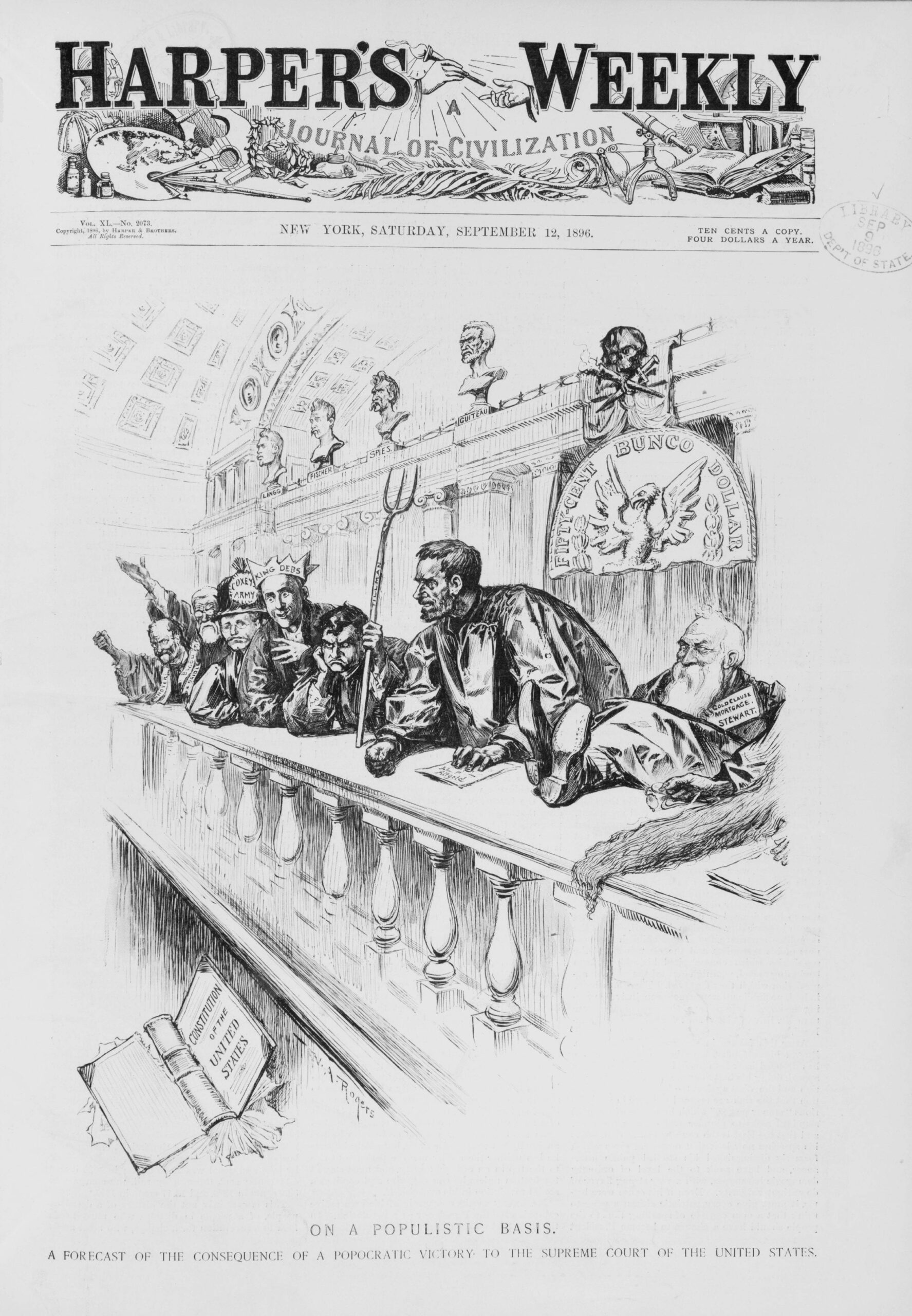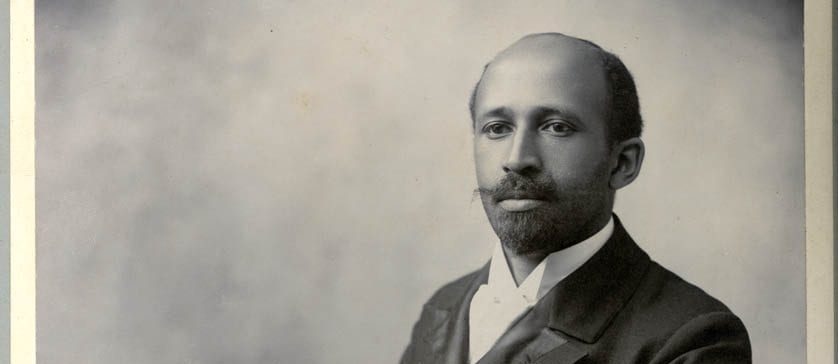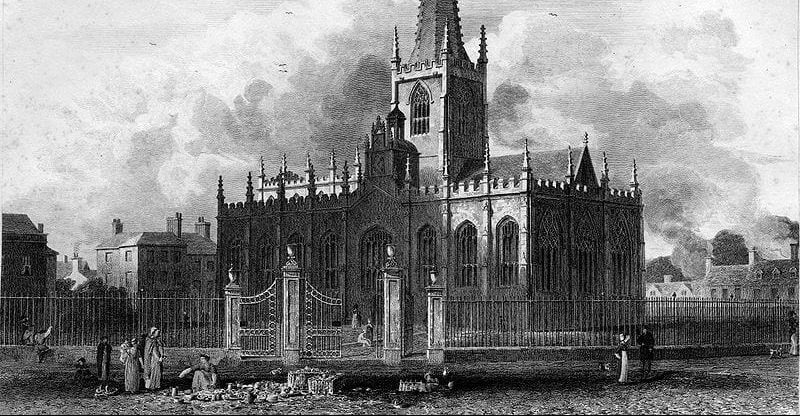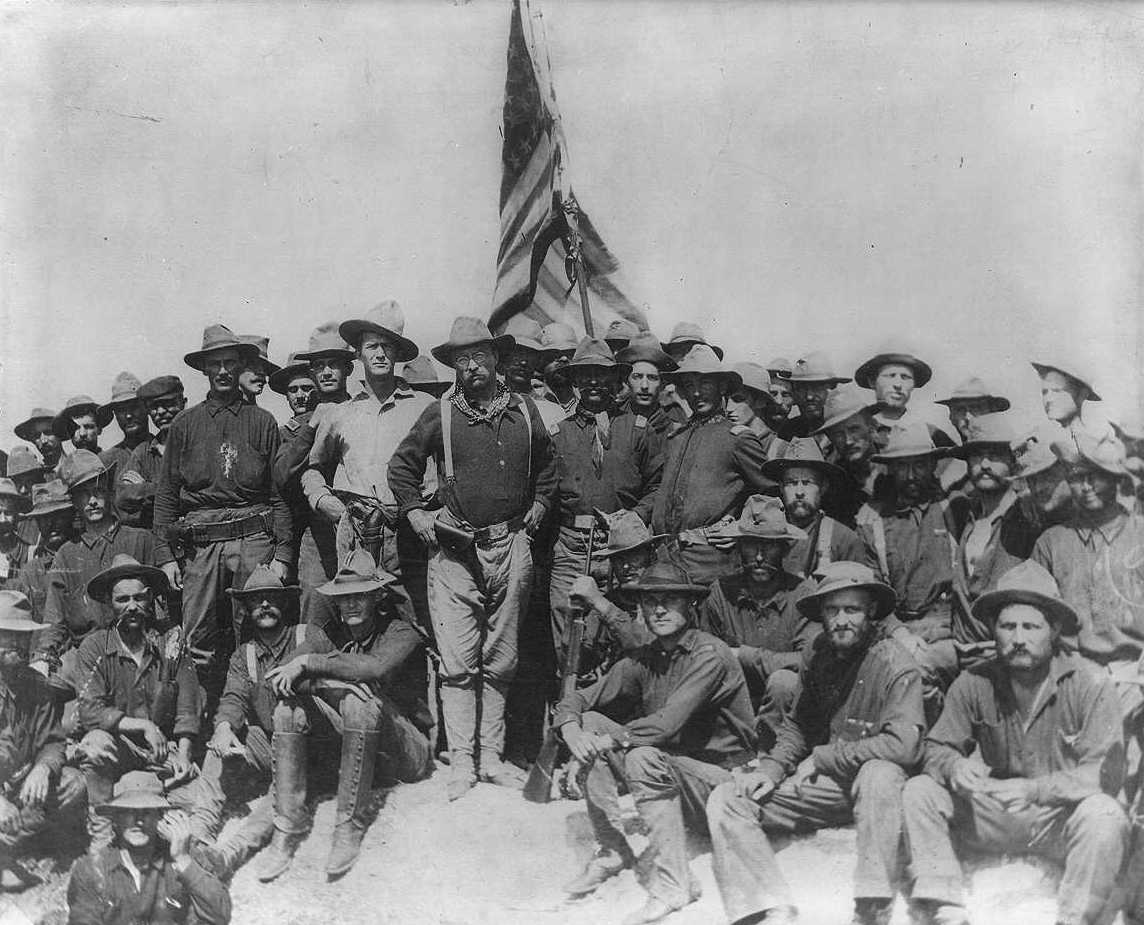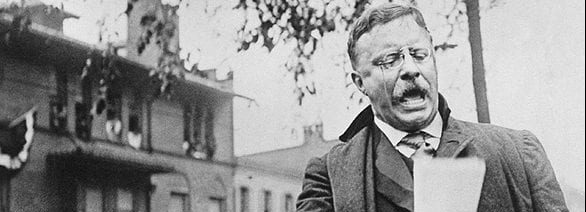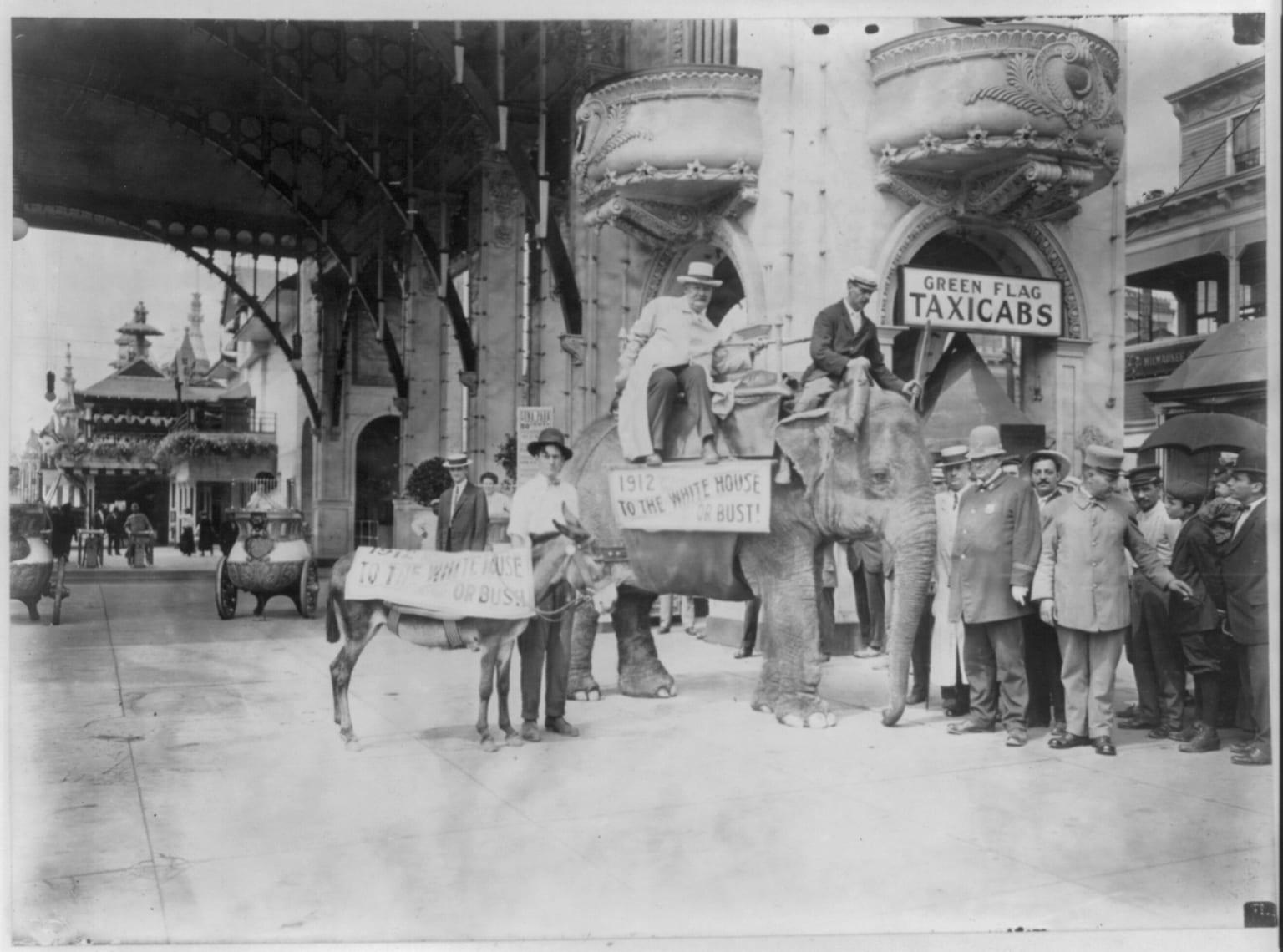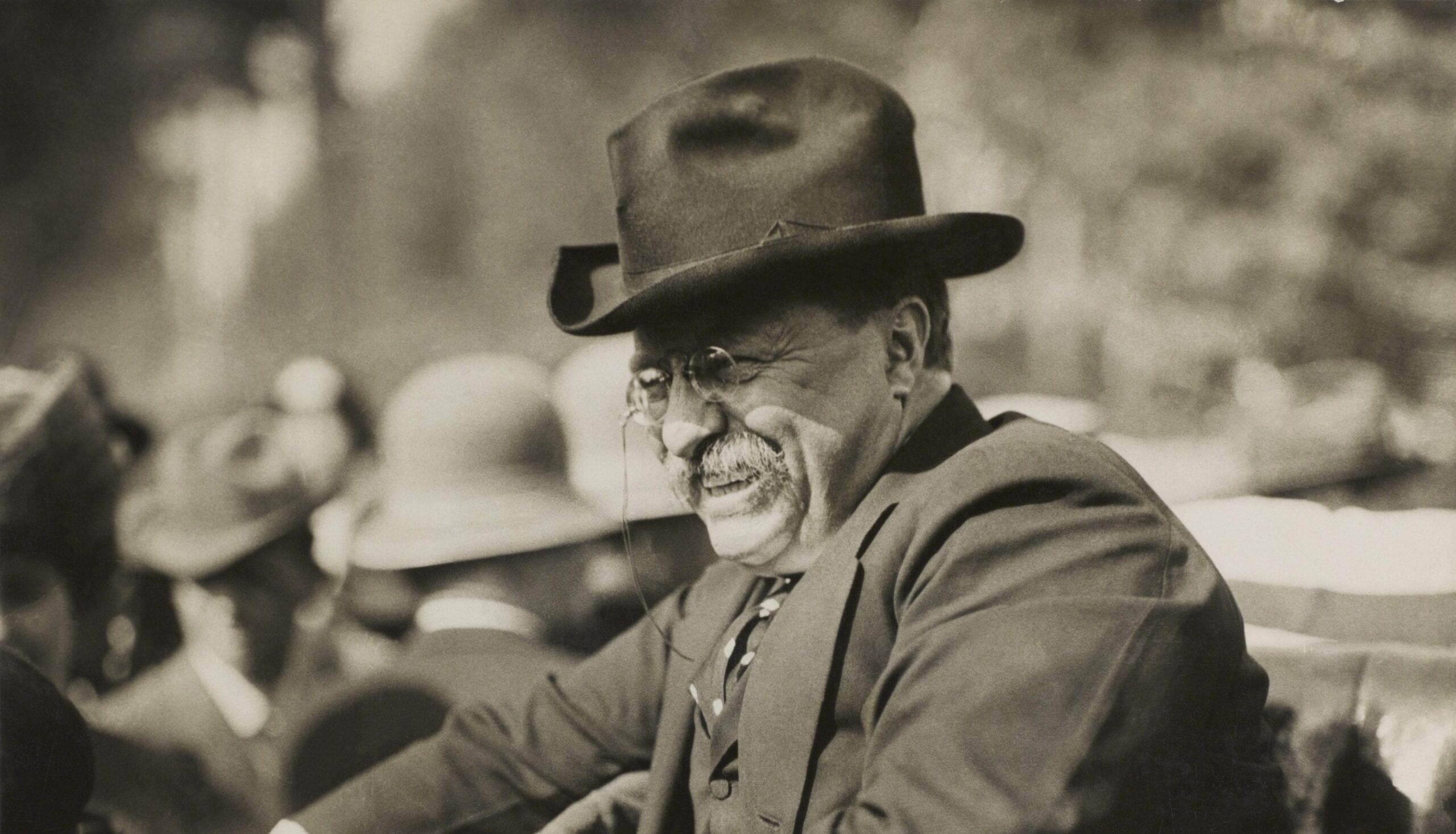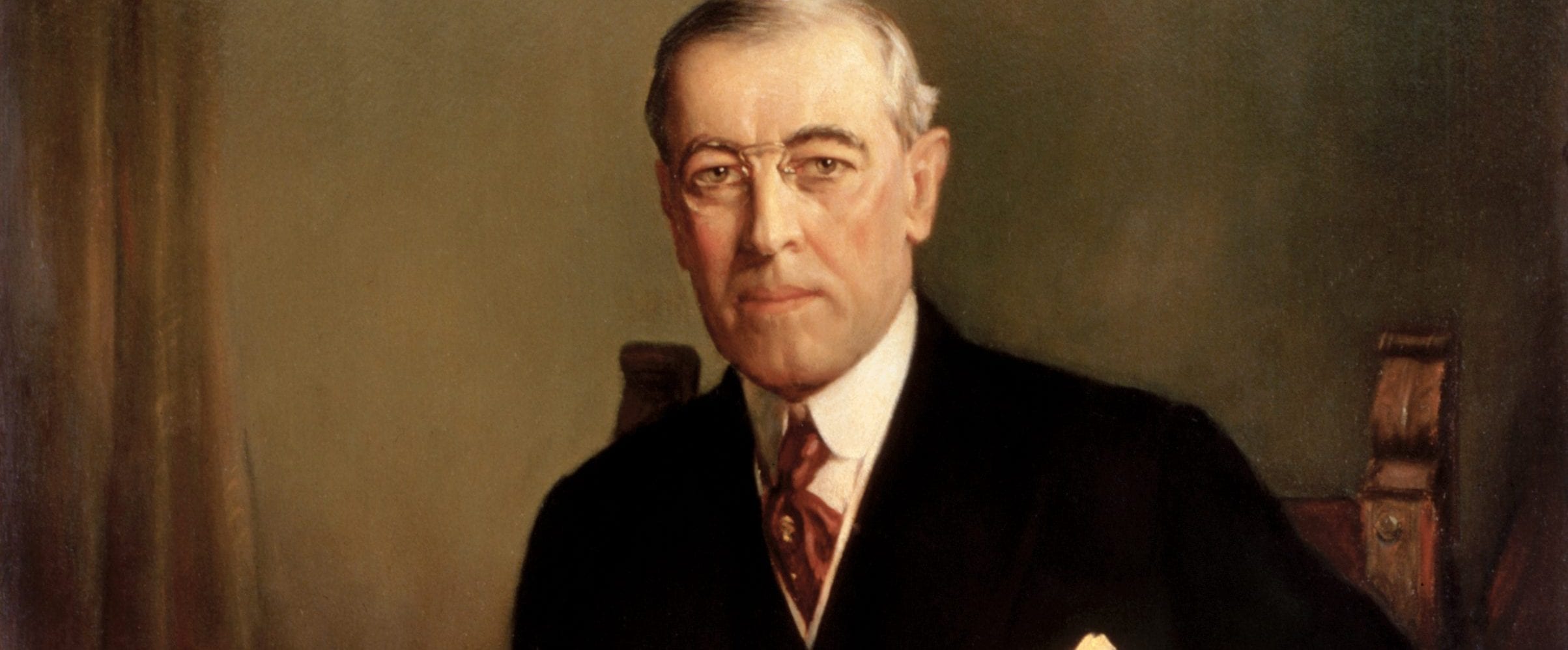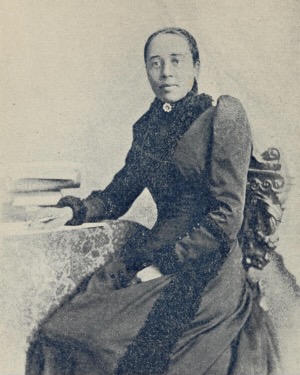
No related resources
Introduction
Anna Julia Cooper (1858–1964) was a highly accomplished educator, author, and organizer, and an early advocate for the importance of women in the promotion of the equal rights cause.
Cooper was born into slavery as Annie Haywood in Raleigh, North Carolina, the daughter of an enslaved mother, Hannah, and the man who held legal title to her as slaveowner, George Haywood. Young Annie received her early education at St. Augustine’s Normal School and Collegiate Institute, an Episcopal school founded in 1868 for the benefit of newly emancipated children, where she studied classics. She married a fellow St. Augustine student, George Cooper, in 1877, but was widowed only two years later. She never remarried, her status as a widow according her the freedom to pursue a professional career. She continued her education, completing BA and MA degrees at Oberlin College in 1884 and 1887. She earned a PhD from the University of Paris in 1925 at the age of sixty-seven.
Cooper taught, then served as principal at the Washington Colored High School, which was later renamed, first as M Street High School and, in 1916, as Paul Lawrence Dunbar High School. Under her leadership Dunbar became famous for its success in sending graduates to the nation’s most elite institutions of higher education. Excepting a 5-year period in which she was dismissed in a dispute with the school’s Board of Trustees, Cooper’s career at WCHS/M Street/ Dunbar spanned forty-three years, from 1887 to 1930, after which she served as president of Frelinghuysen University, also in Washington, until 1943.
Cooper’s most important writing is her collection of essays, A Voice from the South, published in 1892. Noteworthy in the present excerpt are her insistence that racial uplift begins with the work of mothers, and her thoughts on the conditions of racial conflict and harmony in America.
Source: Anna Julia Cooper, A Voice from the South (Xenia, OH: Aldine, 1892), 38, 39, 40–41, 42–44, 184, 185, 186–187, 196–199, 201–203, 204–205, 211; available at https://www.gutenberg.org/ebooks/61741.
. . .It is absurd to quote statistics showing the Negro’s bank account and rent rolls, to point to the hundreds of newspapers edited by colored men and lists of lawyers, doctors, professors, DDs, LL Ds, etc., etc., etc., while the source from which the life-blood of the race is to flow is subject to taint and corruption in the enemy’s camp.
True progress is never made by spasms. Real progress is growth. It must begin in the seed. Then, “first the blade, then the ear, after that the full corn in the ear.”1 There is something to encourage and inspire us in the advancement of individuals since their emancipation from slavery. It at least proves that there is nothing irretrievably wrong in the shape of the black man’s skull, and that under given circumstances his development, downward or upward, will be similar to that of other average human beings. . . .
The race is just twenty-one years removed from the conception and experience of a chattel, just at the age of ruddy manhood. It is well enough to pause a moment for retrospection, introspection, and prospection. We look back, not to become inflated with conceit because of the depths from which we have arisen, but that we may learn wisdom from experience. We look within that we may gather together once more our forces, and, by improved and more practical methods, address ourselves to the tasks before us. We look forward with hope and trust that the same God whose guiding hand led our fathers through and out of the gall and bitterness of oppression, will still lead and direct their children, to the honor of His name, and for their ultimate salvation. . . .
We are the heirs of a past which was not our fathers’ molding. “Every man the arbiter of his own destiny” was not true for the American Negro of the past: and it is no fault of his that he finds himself today the inheritor of a manhood and womanhood impoverished and debased by two centuries and more of compression and degradation.
But weaknesses and malformations, which today are attributable to a vicious schoolmaster and a pernicious system, will a century hence be rightly regarded as proofs of innate corruptness and radical incurability.
Now the fundamental agency under God in the regeneration, the retraining of the race, as well as the groundwork and starting point of its progress upward, must be the black woman.
With all the wrongs and neglects of her past, with all the weakness, the debasement, the moral thralldom of her present, the black woman of today stands mute and wondering at the Herculean task devolving around her. But the cycles wait for her. No other hand can move the lever. She must be loosed from her bands and set to work.
Our meager and superficial results from past efforts prove their futility; and every attempt to elevate the Negro, whether undertaken by himself or through the philanthropy of others, cannot but prove abortive unless so directed as to utilize the indispensable agency of an elevated and trained womanhood. . . .
A stream cannot rise higher than its source. The atmosphere of homes is no rarer and purer and sweeter than are the mothers in those homes. A race is but a total of families. The nation is the aggregate of its homes. As the whole is sum of all its parts, so the character of the parts will determine the characteristics of the whole. These are all axioms and so evident that it seems gratuitous to remark it; and yet, unless I am greatly mistaken, most of the unsatisfaction from our past results arises from just such a radical and palpable error, as much almost on our own part as on that of our benevolent white friends. . . .
The late Martin R. Delany,2 who was an unadulterated black man, used to say when honors of state fell upon him, that when he entered the council of kings the black race entered with him; meaning, I suppose, that there was no discounting his race identity and attributing his achievements to some admixture of Saxon blood. But our present record of eminent men, when placed beside the actual status of the race in America today, proves that no man can represent the race. Whatever the attainments of the individual may be, unless his home has moved on pari passu,3 he can never be regarded as identical with or representative of the whole.
Not by pointing to sun-bathed mountaintops do we prove that Phoebus warms the valleys. We must point to homes, average homes, homes of the rank and file of horny-handed toiling men and women of the South (where the masses are) lighted and cheered by the good, the beautiful, and the true— then and not till then will the whole plateau be lifted into the sunlight.
Only the BLACK WOMAN can say “when and where I enter, in the quiet, undisputed dignity of my womanhood, without violence and without suing or special patronage, then and there the whole Negro race enters with me.” Is it not evident then that as individual workers for this race we must address ourselves with no half-hearted zeal to this feature of our mission? The need is felt and must be recognized by all. There is a call for workers, for missionaries, for men and women with the double consecration of a fundamental love of humanity and a desire for its melioration through the Gospel; but superadded to this we demand an intelligent and sympathetic comprehension of the interests and special needs of the Negro. . . .
There are two kinds of peace in this world. The one produced by suppression, which is the passivity of death; the other brought about by a proper adjustment of living, acting forces. A nation or an individual may be at peace because all opponents have been killed or crushed; or, nation as well as individual may have found the secret of true harmony in the determination to live and let live. . . .
Now I need not say that peace produced by suppression is neither natural nor desirable. Despotism is not one of the ideas that man has copied from nature. All through God’s universe we see eternal harmony and symmetry as the unvarying result of the equilibrium of opposing forces. Fair play in an equal fight is the law written in Nature’s book. . . .
. . . Progressive peace in a nation is the result of conflict; and conflict, such as is healthy, stimulating, and progressive, is produced through the coexistence of radically opposing or racially different elements. Bellamy’s ox-like men pictured in Looking Backward,4 taking their daily modicum of provender from the grandmotherly government, with nothing to struggle for, no wrong to put down, no reform to push through, no rights to vindicate and uphold, are nice folks to read about; but they are not natural; they are not progressive. God’s world is not governed that way. The child can never gain strength save by resistance, and there can be no resistance if all movement is in one direction and all opposition made forever an impossibility.
I confess I can see no deeper reason than this for the specializing of racial types in the world. Whatever our theory with reference to the origin of species and the unity of mankind, we cannot help admitting the fact that no sooner does a family of the human race take up its abode in some little nook between mountains, or on some plain walled in by their own hands, no sooner do they begin in earnest to live their own life, think their own thoughts, and trace out their own arts, than they begin also to crystallize some idea different from and generally opposed to that of other tribes or families.
Each race has its badge, its exponent, its message, branded in its forehead by the great Master’s hand which is its own peculiar keynote, and its contribution to the harmony of nations. . . .
. . .[T]he law holds good in sociology as in the world of matter, that equilibrium, not repression among conflicting forces is the condition of natural harmony, of permanent progress, and of universal freedom. That exclusiveness and selfishness in a family, in a community, or in a nation is suicidal to progress. Caste and prejudice mean immobility. One-race predominance means death. The community that closes its gates against foreign talent can never hope to advance beyond a certain point. Resolve to keep out foreigners and you keep out progress. . . .
It was the Chinese wall that made China in AD 1800 the same as China in the days of Confucius. Its women have not even yet learned that they need not bandage their feet if they do not relish it. The world has rolled on, but within that wall the thoughts, the fashions, the art, the tradition, and the beliefs are those of a thousand years ago. Until very recently, the Chinese were wholly out of the current of human progress. . . arrested development due to exclusive living.
But European civilization, rich as it was compared to Asiatic types, was still not the consummation of the ideal of human possibilities. One more degree westward the hand on the dial points. In Europe there was conflict, but the elements crystallized out in isolated nodules, so to speak. Italy has her dominant principle, Spain hers, France hers, England hers, and so on. The proximity is close enough for interaction and mutual restraint, though the acting forces are at different points. . . .It is not, however, till the scene changes and America is made the theater of action, that the interplay of forces narrowed down to a single platform.
Hither came Cavalier and Roundhead, Baptist and Papist, Quaker, Ritualist, Freethinker, and Mormon, the conservative Tory, the liberal Whig, and the radical Independent—the Spaniard, the Frenchman, the Englishman, the Italian, the Chinaman, the African, Swedes, Russians, Huns, Bohemians, Gypsies, Irish, Jews. Here surely was a seething caldron of conflicting elements. Religious intolerance and political hatred, race prejudice and caste pride. . . .
. . .The fact is this nation was foreordained to conflict from its incipiency. . . .There was never a time since America became a nation when there were not more than one belief contending for supremacy. Hence no one is or can be supreme. All interests must be consulted, all claims conciliated. Where a hundred free forces are lustily clamoring for recognition and each wrestling mightily for the mastery, individual tyrannies must inevitably be chiseled down, individual bigotries worn smooth and malleable, individual prejudices either obliterated or concealed. America is not from choice more than of necessity republic in form and democratic in administration. The will of the majority must rule simply because no class, no family, no individual has ever been able to prove sufficient political legitimacy to impose their yoke on the country. All attempts at establishing oligarchy must be made by wheedling and cajoling, pretending that not supremacy but service is sought. . . . Compromise and concession, liberality and toleration were the conditions of the nation’s birth and are the sine qua non5 of its continued existence. A general amnesty and universal reciprocity are the only modus vivendi6 in a nation whose every citizen is his own king, his own priest, and his own pope.
De Tocqueville,7 years ago, predicted that republicanism must fail in America. But if republicanism fails, America fails, and somehow I cannot think this colossal stage was erected for a tragedy. I must confess to being an optimist on the subject of my country. . . .
But of one thing we may be sure: the God of battles is in the conflicts of history. The evolution of civilization is His care, eternal progress His delight. As the European was higher and grander than the Asiatic, so will American civilization be broader and deeper and closer to the purposes of the Eternal than any the world has yet seen. This the last page is to mark the climax of history, the bright consummate flower unfolding charity toward all and malice toward, none8—the final triumph of universal reciprocity born of universal conflict with forces that cannot be exterminated. Here at last is an arena in which every agony has a voice and free speech. Not a spot where no wrong can exist, but where each feeblest interest can cry with Themistocles, “Strike, but hear me!” Here you will not see as in Germany women hitched to a cart with donkeys; not perhaps because men are more chivalrous here than there, but because woman can speak. Here labor will not be starved and ground to powder, because the laboring man can make himself heard. Here races that are weakest can, if they so select, make themselves felt.
The supremacy of one race—the despotism of a class or the tyranny of an individual—cannot ultimately prevail on a continent held in equilibrium by such conflicting forces and by so many and such strong-fibred races as there are struggling on this soil. . . .In this arena then is to be the last death struggle of political tyranny, of religious bigotry, and intellectual intolerance, of caste illiberality and class exclusiveness. And the last monster that shall be throttled forever methinks is race prejudice. Men will here learn that a race, as family, may be true to itself without seeking to exterminate all others. That for the note of the feeblest there is room, nay a positive need, in the harmonies of God. That the principles of true democracy are founded in universal reciprocity, and that “A man’s a man” was written when God first stamped His own image and superscription on His child and breathed into his nostrils the breath of life. And I confess I can pray for no nobler destiny for my country than that it may be the stage, however far distant in the future, whereon these ideas and principles shall ultimately mature; and culminating here at whatever cost of production shall go forth hence to dominate the world. . . .
We would not deprecate the fact, then, that America has a Race Problem. It is guaranty of the perpetuity and progress of her institutions, and ensures the breadth of her culture and the symmetry of her development. More than all, let us not disparage the factor which the Negro is appointed to contribute to that problem. America needs the Negro for ballast if for nothing else. His tropical warmth and spontaneous emotionalism may form no unseemly counterpart to the cold and calculating Anglo-Saxon. And then his instinct for law and order, his inborn respect for authority, his inaptitude for rioting and anarchy, his gentleness and cheerfulness as a laborer, and his deep-rooted faith in God will prove indispensable and invaluable elements in a nation menaced as America is by anarchy, socialism, communism, and skepticism poured in with all the jail birds from the continents of Europe and Asia. I believe with our own Dr. Crummell that “the Almighty does not preserve, rescue, and build up a lowly people merely for ignoble ends.”9 And the historian of American civilization will yet congratulate this country that she has had a Race Problem and that descendants of the black race furnished one of its largest factors.
- 1. Mark 4:28.
- 2. Martin R. Delany (1812–1885) was a physician, activist, author, editor, and one of the most prominent black nationalists of the nineteenth century. His best known book is The Condition, Elevation, Emigration, and Destiny of the Colored People of the United States, Politically Considered (1852).
- 3. Latin: “on equal footing” or “in equal proportion.”
- 4. A utopian novel published in 1888.
- 5. Latin: “without which, not”; an indispensable condition.
- 6. Latin: “way of living.”
- 7. Alexis de Tocqueville (1805–1859), author of Democracy in America.
- 8. Cooper loosely quotes Abraham Lincoln’s Second Inaugural Address, March 4, 1865.
- 9. Alexander Crummell (1819–1898), another prominent nineteenth-century black nationalist and a mentor to Cooper, was a scholar, Episcopalian minister, and founder of the American Negro Academy in 1897, to which Cooper was elected the only female member.
Self-Help
December 31, 1892
Conversation-based seminars for collegial PD, one-day and multi-day seminars, graduate credit seminars (MA degree), online and in-person.



